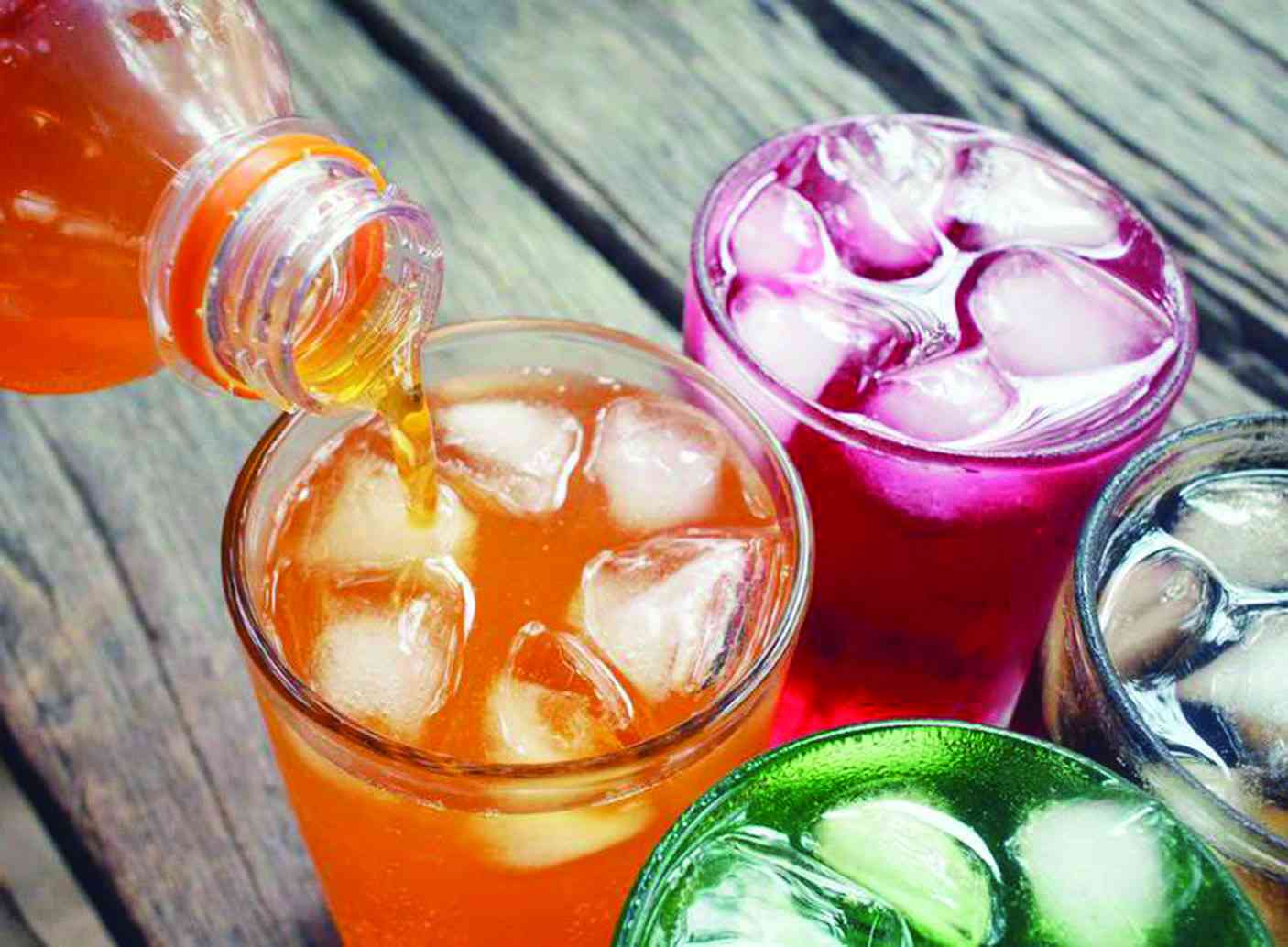
THE Zimbabwe Revenue Authority (Zimra) has reportedly approached beverage companies in an effort to collect US$0,002 in sugar taxes for the period between January 1 and February 8 this year, prior to the levy being reviewed downward, businessdigest can reveal.
The government imposed a fee of US$0,002 per gramme of sugar found in beverages at the start of the year. However, in response to industry criticism, the tax was lowered to US$0,001.
The law to that effect was gazetted on February 8, 2024.
But Employers Confederation of Zimbabwe president Demos Mbauya told businessdigest that Zimra wanted to collect sugar tax, which was effected when there was no operational law.
“At the time when it was still at US$0,002, we engaged stakeholders. The implications, if we had implemented it as it was, there was going to be astronomical price increases,” he said.
“We agreed with stakeholders that we were going to defer implementation until the revision was done. The revision was done and gazetted on the 8th of February. So, between 1 January and 8 February, we did not collect the tax.
“However, because Zimra implemented the law, they have come to the employers and they wanted to collect the tax.
“Zimra implements the law. So, there was no law that was operational. But I think there was confusion between the government and Zimra. The implications of that tax being collected, being levied on companies when it was not collected, is huge.
- Zimra seizes CCC campaign vehicle
- ZDI defends AK-47 rifles 'smugglers'
- Firearms smuggling suspect weeps in court
- Fresh calls to scrap 2% tax
Keep Reading
“So, we are in discussion with Zimra. It is quite significant. We are talking about, of course, the whole beverage industry.
“We are talking millions and millions of dollars here, which was supposed to be collected but we did not collect because we understood the risk of implementing the tax as it was,” Mbauya said.
The tax sparked concerns from industries, which said up to US$1,6 billion would be wiped out of beverages producers sector this year.
Efforts to get a comment from Zimra were fruitless, but a notice released yesterday confirmed that the taxman was collecting the surtax using the US$0,002 rate.
“All beverages containing added sugar which are manufactured in Zimbabwe or imported into Zimbabwe with effect from 01 January 2024 are liable for special surtax on beverages sugar content,” the notice, titled Special Surtax on Beverages Sugar Content, reads in part.
“The special surtax is charged at the rate of US$0,002 per gramme of sugar as from 01 January to 08 February 2024 and at a rate of US$0,001 per gramme of added sugar from 09 February 2024.”
Mbauya urged the authorities to differentiate between ready-to-drink and concentrated or cordial drinks.
“Cordials, by their nature, are concentrated drinks. People don't consume concentrated drinks. So imposing a tax that is similar to a ready-to-drink on a concentrate makes cordials or concentrated drinks very expensive,” he said.
“To improve on what the government has already done in reducing the tax, we are also lobbying the government to differentiate ready-to-drink and concentrated drinks.
“The immediate impact of that has been to increase the price of cordials significantly.”
Last month, the government condemned the abuse of the beverages sugar content tax and other tariff measures by some businesses that deliberately “misinterpret clear policy propositions for profiteering”, while “unjustifiably punishing” innocent consumers.
While consumption taxes are charged on the consumption of goods and services and are generally imposed at the time of the transaction, Finance minister Mthuli Ncube said some businesses have gone overboard to disproportionately apply these taxes beyond their intended purpose, sparking an outcry from consumers.
Examples included the recent retail price increases of soft drinks, alcoholic beverages and a range of value-added dilute juices.







